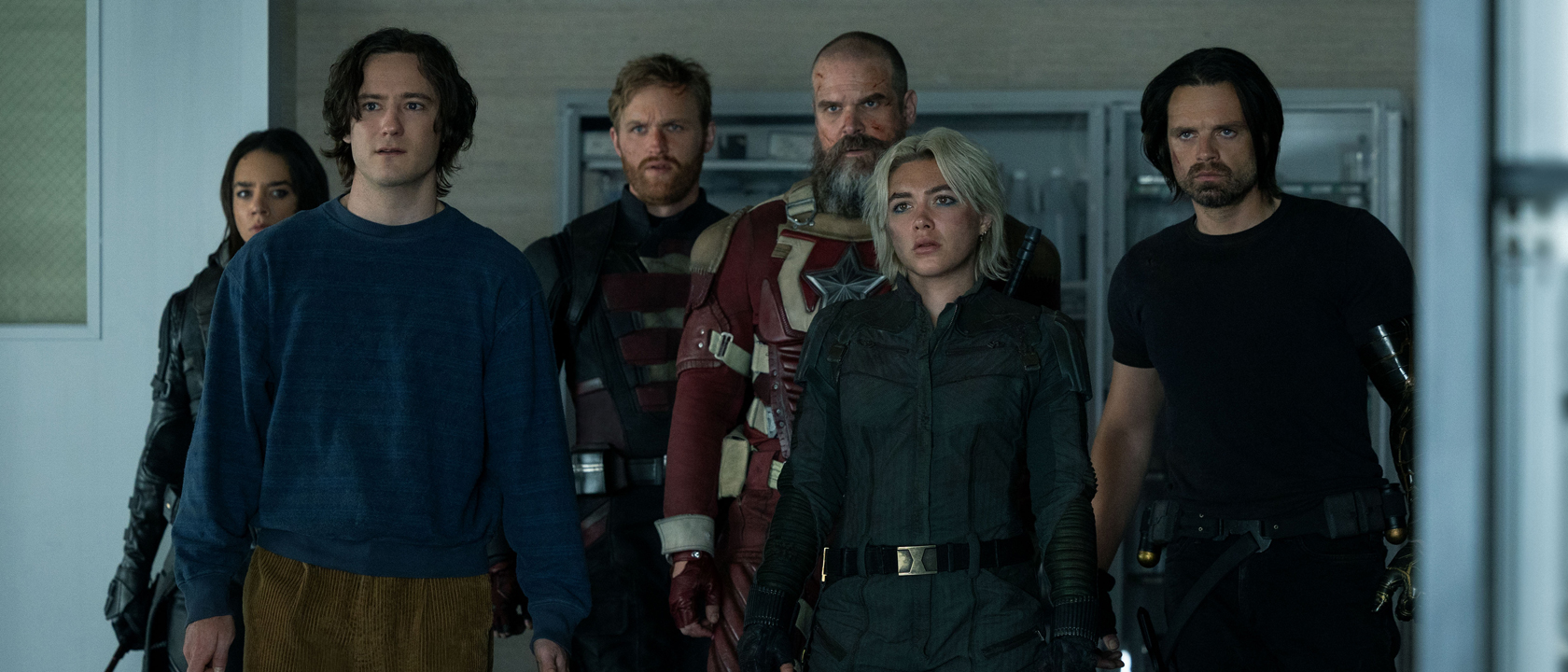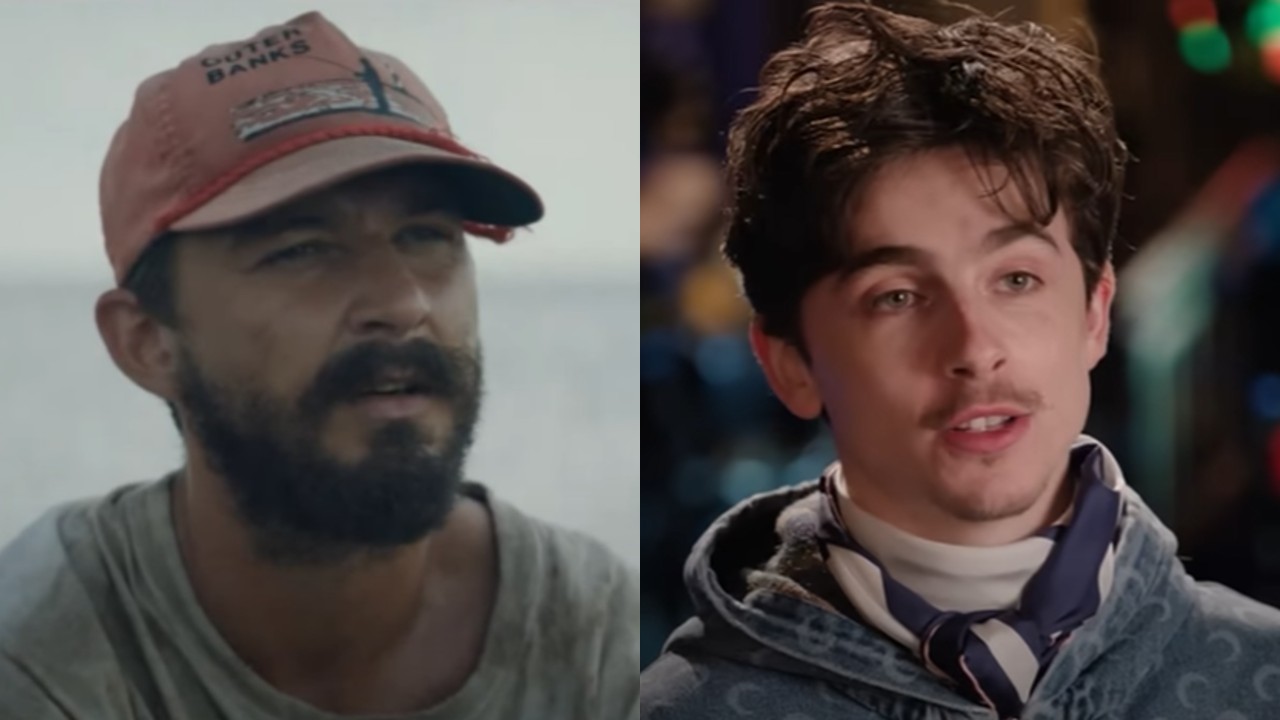Mars Needs Moms is just good enough to be disappointing. It settles for so much less than it could be, and in doing so, cheats its characters, its audience and its own credibility. Ultimately, it fails, but it does so like a talented athlete who strayed from his game plan or a skilled chef who prepared something easy to blandly please everyone. Making a decent movie to entertain children is easy and safe. Making one they’ll cherish for the rest of their lives involves risk and a willingness to treat them as more than just less intelligent vessels. That’s what is so strange and infuriating about Mars Needs Moms. At times, it lets itself be affecting and really sad. It doesn’t shy away from emotion, nor does it cast off quietness. Kids are tougher and more resilient than we give them credit for. Nearly every brilliant animated movie has death and sadness and longing and feelings of inadequacy, but in order to properly sell those scenes, the rest can’t be hollow and easy. Mars Needs Moms is too often hollow and easy, undermining its better moments and leaving more astute members of the audience with a lingering sense of what if.
What if one of the funniest, most original side plots in recent memory wasn’t boiled down to stupid dialogue only clichés? There are three main characters in the film. One is a transplanted adolescent reared during the 2000s. Another was left motherless and abandoned on Mars amidst the Reagan years, and the last one has spent hundreds of hours watching television shows from the Free Love era. Don’t you think this varied enculturation would produce fundamental personality discrepancies? I certainly would, but Mars Needs Moms often boils these conflicting cultures down to heavy usage of “dig” and explaining why “bad” actually means “good”. I would be willing to write all of this off to simple screenwriting stupidity and move on with my day, except at one point, the child of the 80s riffs on Communism and Mars being the red planet. That’s funny. Why not have the willingness to see it through? What if indeed.
Milo (Seth Green) hates zombies, almost as much as he hates taking out the trash. His mother (Joan Cusack) has little sympathy for his lack of helpfulness, at least until his father’s flight is cancelled, postponing their prearranged night of the undead. To cheer him up, Mom okays a pay per view order, provided Milo finishes his vegetables. He secretly pawns them off on the cat, who thanks him by vomiting broccoli. Tempers flair, pay per views are cancelled and an angered son tells his mother he wishes she didn’t exist. Unluckily for her, someone else is very happy Mom does exist.
Every twenty-five years, babies are born on Mars. Rather than raise them, the martians implant the brain of one mother into nanny bots who do the disciplining. Milo’s mother has been chosen, precisely because of punishments like the one she just handed out. The aliens set out to abduct her, but mid-mom-napping, a tearful Milo appears to apologize for his words. He gives chase, boards the spaceship and heads for Mars. Once there, a garrulous manboy named Gribble (Dan Fogler) helps him escape, and the two hit it off immediately, later concocting a foolhardy attempt at freeing Mom. It fails. Gribble is sentenced to death, but he’s saved by a rogue graffiti artist named Ki (Elisabeth Harnois). She spends her afternoon assisting the martian’s embittered hag of a leader and watching reruns of late 1960s, early 1970s television. Unfortunately, not All In The Family.
In fact, the idea of family is a completely alien concept to the inhabitants of Mars. The women run the day-to-day operations, and the men are cast down into a trash-land like Sodomites. Not that it seems to bother them. They only dance, get confused and hang out with Gribble, though he’s a lot more excited about hanging out with his new friends Milo and Ki. Together, with the help of the idiot males, they hatch a second plan to save Mom, overthrow the hag and turn the matriarchic society on its heels.
Like the generational worldviews, this hyper-feminism-gone-enslavement is a powerful concept never fully exploited. Instead, it’s dealt with almost in passing, whispered to no one in particular. What if. Running under an hour and a half, it’s no surprise Mars Needs Moms often struggles to finish its thoughts. Yet, it’s a shame because when the film does, it is so much better than this two star rating indicates. There are dozens of children’s movies released every year. Very few of them have the confidence to let one of its main characters fail themselves. This one does. Redemption only counts if you struggled to achieve it.
Mars Needs Moms may be just good enough to be disappointing, but there are plenty of kids’ movies that don’t even try enough to let us down. A longer running time, a little more determination, and this film could have been something. Instead it’s just a what if, a movie not quite good enough to recommend.
Mack Rawden is the Editor-In-Chief of CinemaBlend. He first started working at the publication as a writer back in 2007 and has held various jobs at the site in the time since including Managing Editor, Pop Culture Editor and Staff Writer. He now splits his time between working on CinemaBlend’s user experience, helping to plan the site’s editorial direction and writing passionate articles about niche entertainment topics he’s into. He graduated from Indiana University with a degree in English (go Hoosiers!) and has been interviewed and quoted in a variety of publications including Digiday. Enthusiastic about Clue, case-of-the-week mysteries, a great wrestling promo and cookies at Disney World. Less enthusiastic about the pricing structure of cable, loud noises and Tuesdays.











